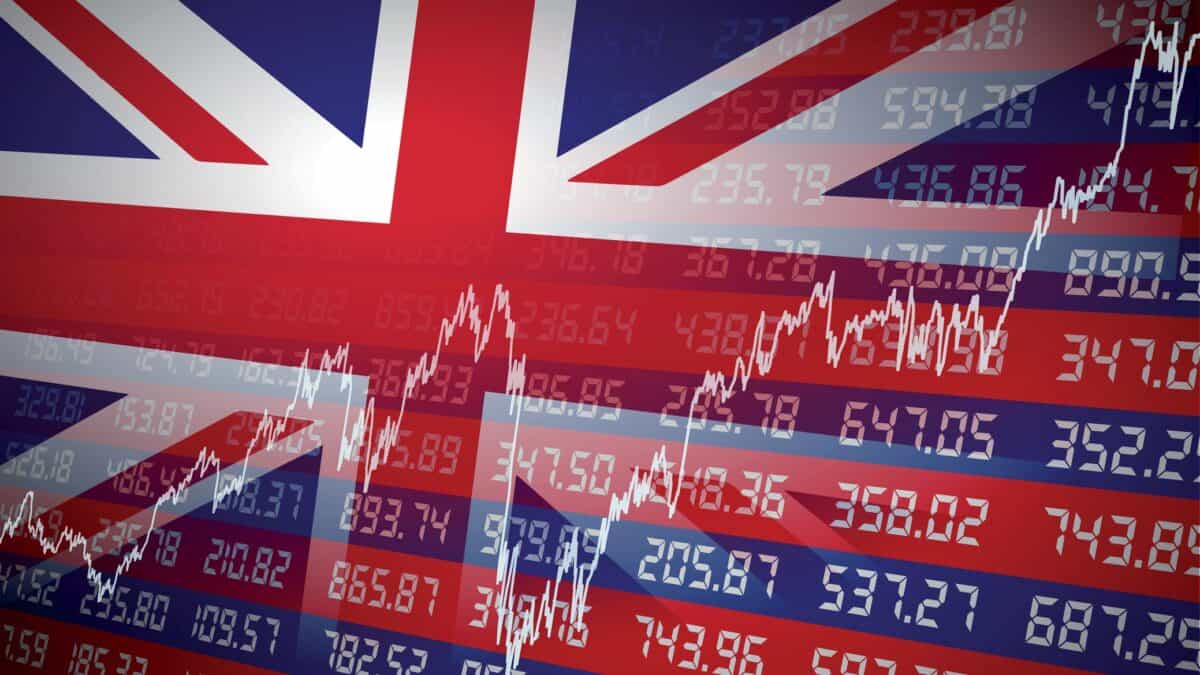Stay informed with free updates
Simply sign up to the UK inflation myFT Digest — delivered directly to your inbox.
UK shop prices fell for the second consecutive month in September and registered the lowest rate in more than three years, according to data that suggests household finances are improving after a long period of high inflation.
Shop prices fell by an annual rate of 0.6 per cent in September, down from a 0.3 per cent contraction in the previous month and the lowest rate since August 2021, data published by the British Retail Consortium showed on Tuesday.
The figures, which provide early indications of price pressures ahead of the official monthly inflation data published on October 16, show how the cost of living crisis, which hit millions of households, is finally receding.
Shop price inflation hit a record 9 per cent in May last year, following a spike in energy and food prices triggered by Russia’s invasion of Ukraine.
Helen Dickinson, chief executive of the BRC, said: “September was a good month for bargain hunters as big discounts and fierce competition pushed shop prices further into deflation.”
She added that the deflation “was driven by non-food, with furniture and clothing showing the biggest drops in inflation as retailers tried to entice shoppers back”.
Non-food prices were down by an annual rate of 2.1 per cent in September, accelerating the 1.5 per cent fall in the preceding month and marking the lowest rate since March 2021.
Food inflation edged up to 2.3 per cent in September from 2 per cent in the previous month, however, as poor harvests in key producing regions led to higher prices for cooking oils and sugary products, according to the BRC. Last month, the UN Food and Agriculture Organization highlighted a rise in palm oil prices linked low output in Indonesia.
The official UK rate of inflation, which includes energy and services, was 2.2 per cent in August, unchanged from July and up from 2 per cent in the previous two months. Economists expect inflation to rise further to 2.5 per cent by the end of 2024 as energy prices fall less year on year.
BRC added that geopolitical tensions could further push up prices. “Easing price inflation will certainly be welcomed by consumers, but ongoing geopolitical tensions, climate change, and government-imposed regulatory costs could all reverse this trend,” said Dickinson.
Credit: Source link














